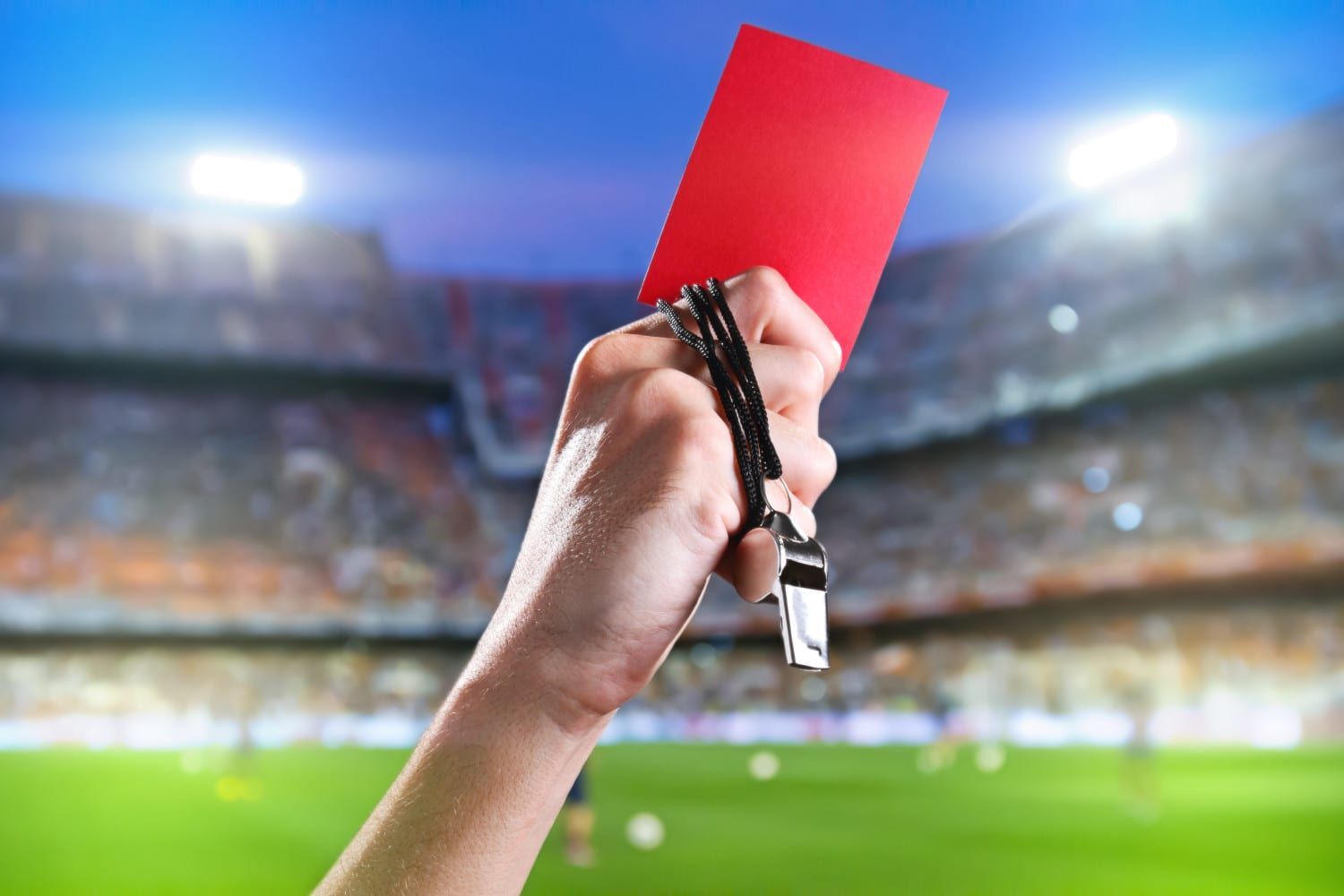Tips on How to Resolve Disputes with Neighbours

Living in close proximity to other people can sometimes be difficult. We all have different tolerances for noise, smells, and privacy. When these things start to bother us, it can often lead to disputes with our neighbours. If you're experiencing problems with your neighbour, here are tips on how to resolve the dispute!
Talk to your neighbour
The first step is always to try and talk to your neighbour about the problem. It could be that they're not aware that they're causing an issue. If you can explain the problem calmly and politely, they may be more than happy to change their behaviour or make some adjustments. If you're not comfortable talking to your neighbour yourself, you could ask a mutual friend or even the property manager to speak on your behalf.
Remember, it's always best to try and resolve things amicably before taking any further steps.
Write a letter
If talking to your neighbour doesn't work, or you don't feel comfortable doing so, you could write them a letter. Again, it's important to be polite and calm in your approach. You could explain the problem and how it's affecting you, and ask them if they would be willing to make some changes.
If you're not sure what to write, there are template letters available online that you can use as a guide. Sending a letter gives your neighbour an opportunity to think about what you've said and respond in writing rather than having a confrontation. It also provides evidence of the problem should you need it later on.
Mediation
If talking and writing letters haven't worked, you could consider mediation. This is where an independent third party (the mediator) helps both parties to communicate and try to reach an agreement. Mediation can be a very effective way of resolving disputes, as it gives both sides the opportunity to be heard and understand the other person's point of view. It can also help to identify any areas where there may be misunderstandings or agreements.
There are usually costs involved in mediation, but it's often worth it if it means avoiding a costly legal battle further down the line.
Small claims court
If mediation doesn't work or isn't suitable, you could take your neighbour to small claims court. This is a less formal process than going to the regular courts and is designed for disputes where the amount of money involved is relatively low
You can represent yourself in small claims court, or you can pay for a lawyer to do it on your behalf. The process can be quite complex, so it's worth getting some advice before you proceed.
Taking your neighbour to small claims court should be seen as a last resort, as it's often an expensive and time-consuming process. It's also worth bearing in mind that if you lose, you may have
If you're experiencing problems with your neighbour, it's important to try and resolve the issue as quickly as possible. The tips above should help you to do this, but if all else fails, you may need to seek legal advice.










